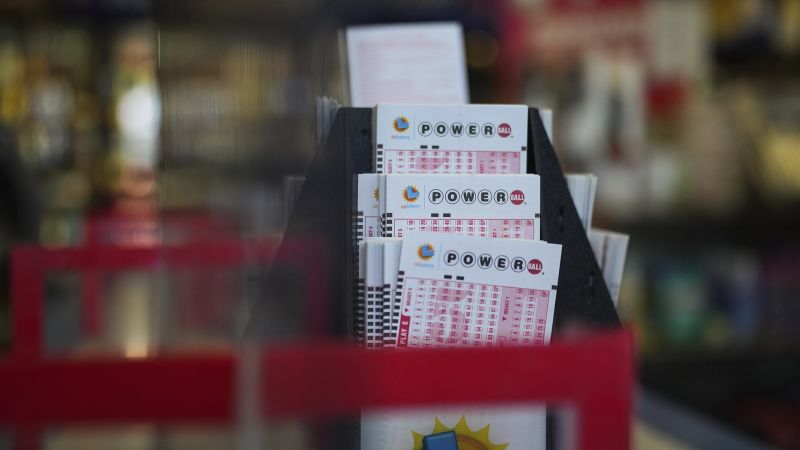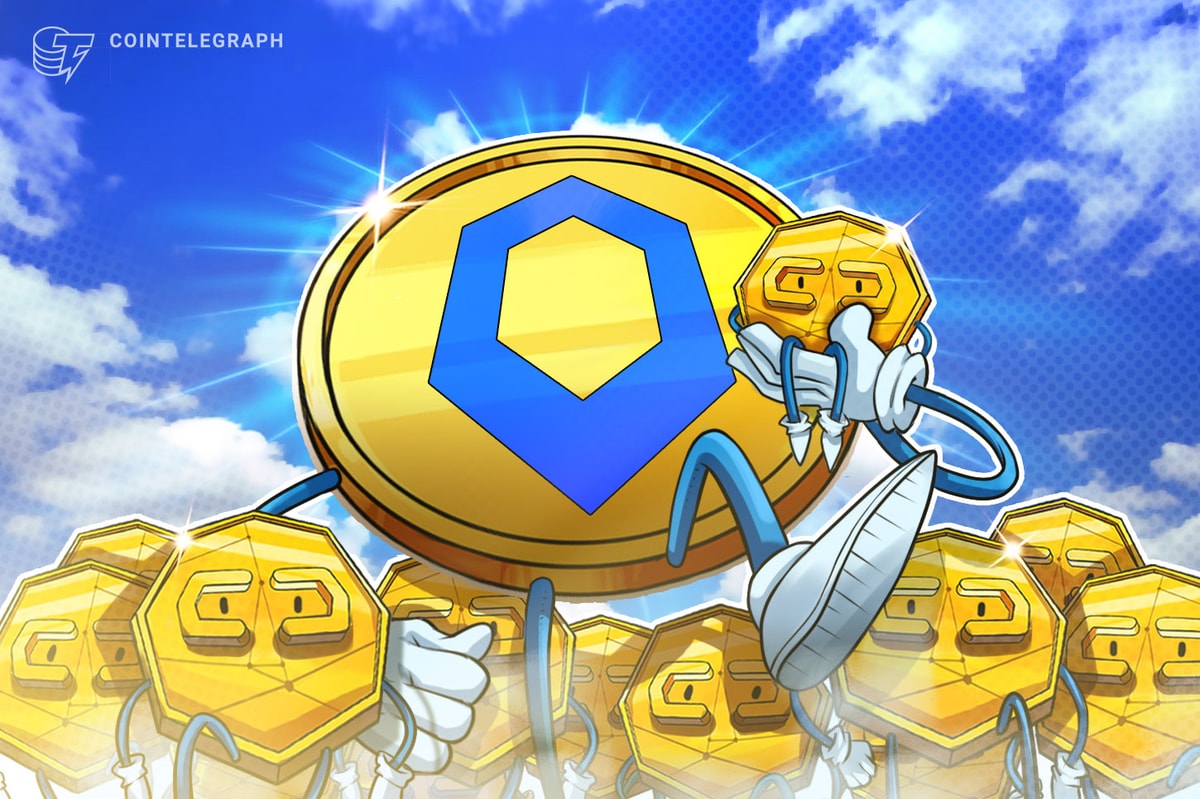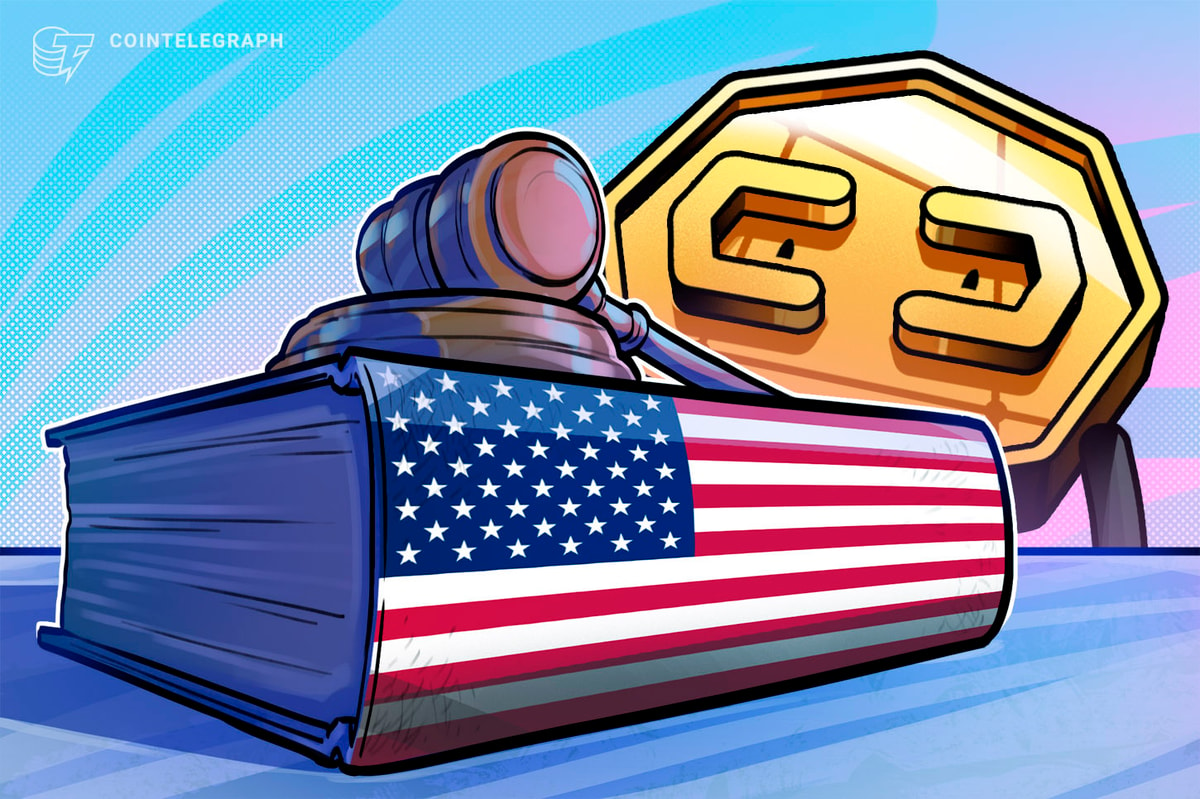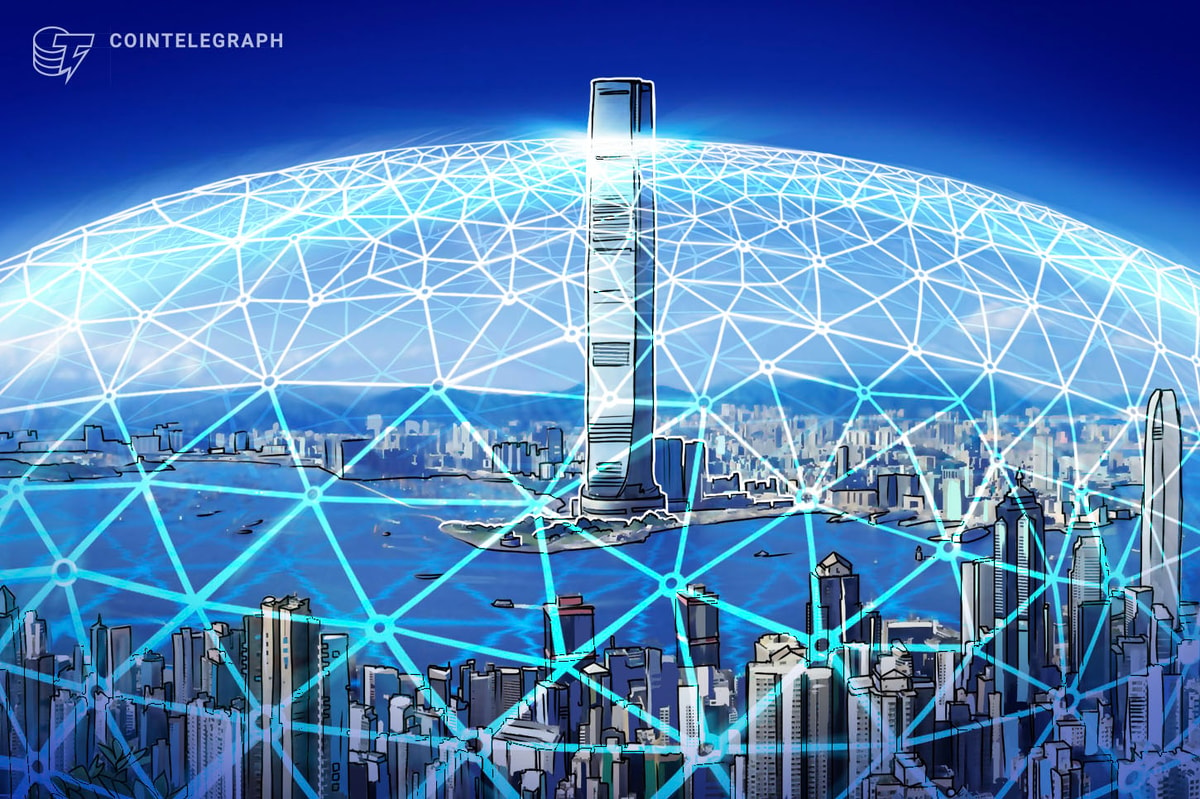Editor’s Note: A version of this story appeared in CNN Business’ Nightcap newsletter. To get it in your inbox, sign up for free, here.
New York
CNN Business
—
The economy of the 2020s is a tough one to read. Like, are we in a recession? Technically, no, but “technically” is carrying a lot of weight there. Economists look to several indicators — GDP growth, employment, bond yields, wages, etc — to determine the answer.
Of course, there are other, less scientific but more fun ways to gauge economic health. Famously, there’s the Lipstick Index, which suggests lipstick sales surge in lean times because it’s an inexpensive indulgence that makes people happy. Alan Greenspan put forward the Men’s Underwear Index, demonstrating that sales of boxers and briefs plummeted from 2007 to 2009, during the Great Recession, before picking back up as the economy recovered.
One other, deeply unscientific, indicator: The Powerball.
See here: The Powerball lottery jackpot is expected to grow to $1.9 billion ahead of tonight’s drawing, the largest lotto prize ever.
Your chances of winning are minuscule — about 1 in 292 million. You’re more likely to be eaten by a shark. Or be struck by lightning twice. Then again, the odds of you existing on planet Earth are 400 quadrillion to one, so you’re already winning in the grand scheme of, like, the cosmos.
Conventional wisdom used to hold that people would shell out on lottery tickets even in lean times, willing to risk a few bucks in the hopes of striking it big.
But in the Great Recession, state lotteries reported huge declines as desperation set in for millions. By 2010, sales were picking back up, even though people were still reeling from the downturn.
In that context, we can see this week’s record Powerball as a sign that people are seeking comfort in a bit of financial escapism. The mind-bogglingly large jackpot tends to draw in people who don’t normally buy lotto tickets.
Blowing money on a bet you’re virtually guaranteed to lose isn’t a rational move, but it’s a fantasy people can still afford to indulge. And with the costs of everyday necessities going ever higher, what’s a couple of bucks for a Powerball? Again, it may not be rational, but it is undeniably human.
History suggests there is a point of financial frustration and fear at which even a $2 bet feels reckless. We are clearly not there yet.
Manhattan prosecutors seized almost $3.4 billion in bitcoin from a property developer who is accused of stealing the funds from the dark web marketplace Silk Road more than a decade ago, according to Bloomberg News.
Investigators say the case marks the second-largest crypto seizure for the Justice Department.
It’s been just 10 days since Elon Musk took the reins of Twitter, firing its C-suite, dissolving its board of directors, laying off thousands of staffers and vowing to gut the platform’s user-verification process.
The mood on Twitter is chaos.
Over the weekend, a bunch of celebrities and other people with verified profiles sought to poke holes in Musk’s mass-verification plan, which would allow any user to pay $8 a month for the blue-check icon that has historically been reserved for people who’ve been vetted by the platform. That prompted some mockery from comedians who changed their names and profile pictures to copy Musk’s, highlighting the flaw of a system that doesn’t actually, um, verify who controls the account.
Sarah Silverman and Kathy Griffin both saw their accounts temporarily locked or suspended as a result.
Musk, who previously said he wouldn’t change Twitter’s content moderation policies until a council had been set up, issued a decree on his account, stating: “Any Twitter handles engaging in impersonation without clearly specifying ‘parody’ will be permanently suspended.” He later tweeted suspension would no longer come with a warning.
As the Verge’s Richard Lawler put it:
“It’s an abrupt update from the person who just a few days ago tweeted, ‘Comedy is now legal on Twitter’ after taking control of the company. Comedy is legal — as long as it follows the rules, which are whatever Elon says they are and could change at any time.
As Musk figures out what exactly he wants to do with his $44 billion toy, lots of people are seeking out less chaotic substitutes.
One is called Mastodon, a lesser known network that’s been around since 2016, and has a similar look to Twitter.
But, as my colleague Rachel Metz writes, there may be no clear alternative to Twitter. “Mastodon is a sort of social-media escape hatch in case Twitter becomes unbearable,” Rachel says. But whether it can replicate the magic of Twitter when Twitter was good is with the social media gods.
Read More: news.google.com









 Bitcoin
Bitcoin  Ethereum
Ethereum  Tether
Tether  XRP
XRP  Solana
Solana  USDC
USDC  Cardano
Cardano  Dogecoin
Dogecoin  TRON
TRON  Lido Staked Ether
Lido Staked Ether  Wrapped Bitcoin
Wrapped Bitcoin  Pi Network
Pi Network  LEO Token
LEO Token  Chainlink
Chainlink  Toncoin
Toncoin  USDS
USDS  Stellar
Stellar  Wrapped stETH
Wrapped stETH  Hedera
Hedera  Avalanche
Avalanche  Shiba Inu
Shiba Inu  Sui
Sui  Litecoin
Litecoin  Bitcoin Cash
Bitcoin Cash  MANTRA
MANTRA  Polkadot
Polkadot  Ethena USDe
Ethena USDe  WETH
WETH  Bitget Token
Bitget Token  Binance Bridged USDT (BNB Smart Chain)
Binance Bridged USDT (BNB Smart Chain)  Hyperliquid
Hyperliquid  WhiteBIT Coin
WhiteBIT Coin  Wrapped eETH
Wrapped eETH  Monero
Monero  Uniswap
Uniswap  sUSDS
sUSDS  Dai
Dai  Aptos
Aptos  NEAR Protocol
NEAR Protocol  Pepe
Pepe  OKB
OKB  Internet Computer
Internet Computer  Mantle
Mantle  Ondo
Ondo  Ethereum Classic
Ethereum Classic  Gate
Gate  Coinbase Wrapped BTC
Coinbase Wrapped BTC  Aave
Aave  Tokenize Xchange
Tokenize Xchange